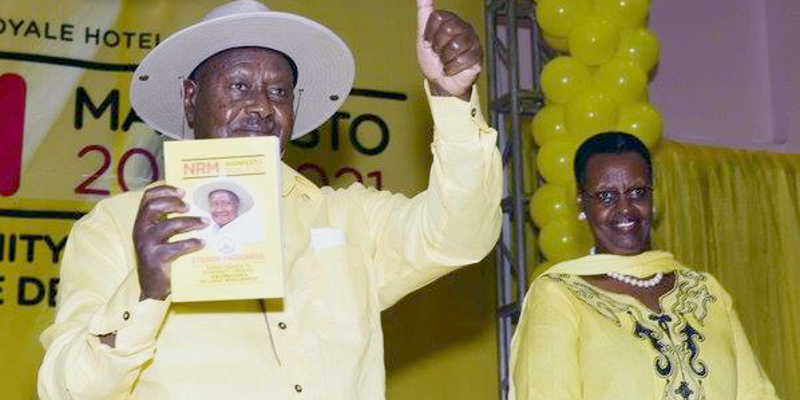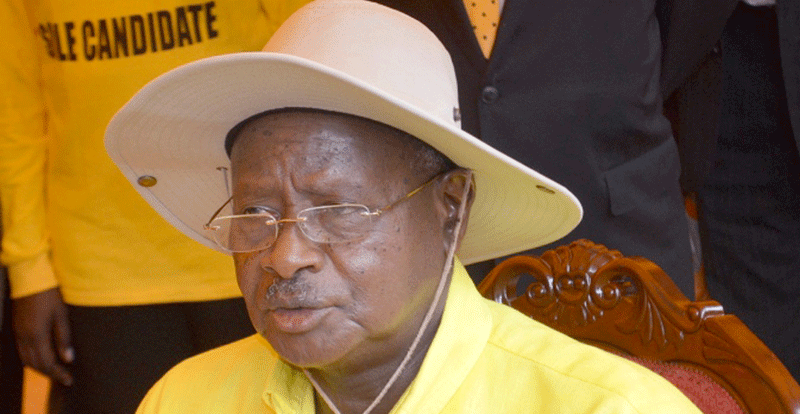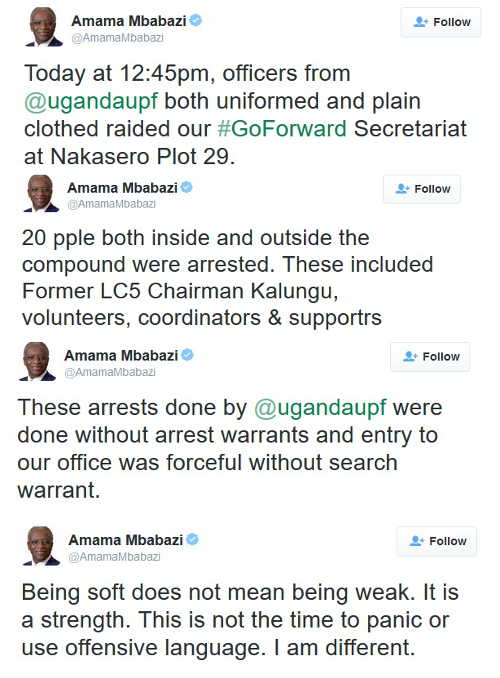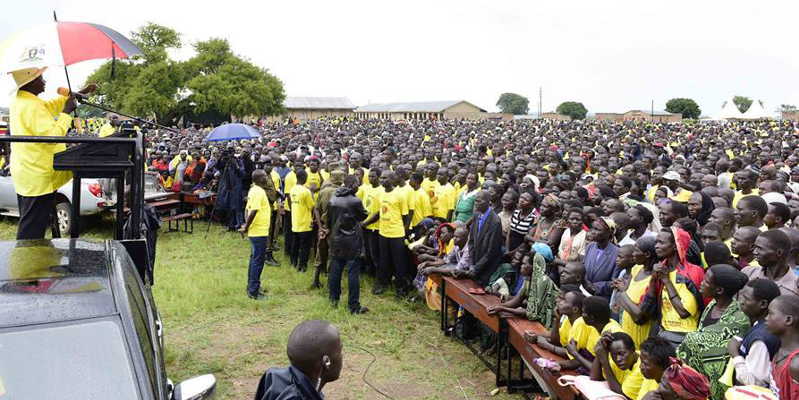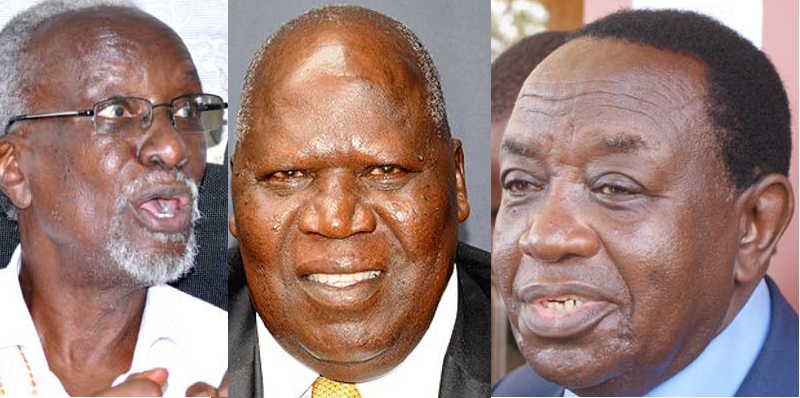Editorial
Next election isn’t about Manifestos!
Everyone can present a manifesto, not anywhere else we are familiar with.
In Uganda today, the current government has done relatively well in terms of managing expectations of a certain number of Ugandans. Some Ugandans are doing well for themselves while others are really struggling. Clearly, those doing well are in the minority and the government knows that only that the governors try hard to create an impression that all is well in the circumstances.
The government bosses have perfected the art of explaining away what hasn’t been done under the guise of ‘government priorities’. What they forget is that while this talk may endear them to the appointing authority, the unemployed desperately want jobs, the sick want medicines to keep them alive, the farmers want inputs and markets for their produce, the parents want affordable education for their children so that the children can look after the elderly later in life.
The small traders are being forced out of their small businesses by high taxes and unregulated competition from big businesses. But even the used to be big businesses are now closing shop in unexplained fashion.
The privileged few have continued to prosper while the rest have continued to wallow in abject poverty. And it’s in here that lies the cause of hopelessness that we are hearing since the beginning of campaigns for the next president of our naturally gifted country.
That is why we are sure, we are hearing a lot of messages for change of leadership on campaign trails and through conversations through media outlets. The proponents of change argue that the incumbent has stayed too long in power and he needs to give a chance to other Ugandans to make a contribution.
Those agitating for ‘no change’, say that the incumbent still has a lot of unfinished business which he needs more time to complete. Problem comes when Information managers start failing in the job to manage what information should or shouldn’t be released to the population. A case in point is a short video clip that is all the rage all over the web. The clip in question allegedly shows a KTN journalist Koinange literally asking president Museveni not to offer himself for president again.
In this un-authenticated video that has literally gone viral, President Museveni allegedly tells off non supporters that he is not working for them. Now, whether this video clip is authentic or not, is not the message any candidate needs during a competitive political period. The point to note here is that information and campaign managers need to manage their information dissemination better lest it hurts their candidate.
That said, this is a just info to all the presidential candidates in the 2016 elections: the majority of the voters are young people who, regardless of whoever is in power, they just want good education and they want jobs. If there are no jobs for them, then there is no relationship, period.
No manifesto will endear a farmer to a government in which they have been struggling to eke out a living for themselves and their loved ones. For the adults who have lost their jobs for whatever reason, all they want as human beings is a job not empty talk they have been hearing year-in-year-out.
That is why the message of Change is gaining currency fast and furiously. That is why the people of Masaka were disappointed that candidate Amama Mbabazi didn’t talk about revival of coffee and pineapple growing. That is why candidate Kiiza Besigye supporters have voiced disappointment that people have no power.
Besigye has been telling his supporters that he has in the past been winning presidential elections but he has always been denied to rule just as Elias Lukwago was voted the Lord Mayor of Kampala but was ‘hounded’ out of the Mayor’s office. The point is that when you tell your supporters that their vote doesn’t count, inevitably, the message they receive is that they actually don’t have to waste their time voting at all.
Voters’ selfish interests today transcend loyalty and other considerations. The elites of today are different from the elites of yesterday. And the peasants of today are more enlightened today especially given their relationship with their educated members of their families. Only candidates who realise this change among Ugandans, and they design their campaign messages appropriately, are likely to win the next election if they happen to be blessed with the gift of numbers.
Comments



